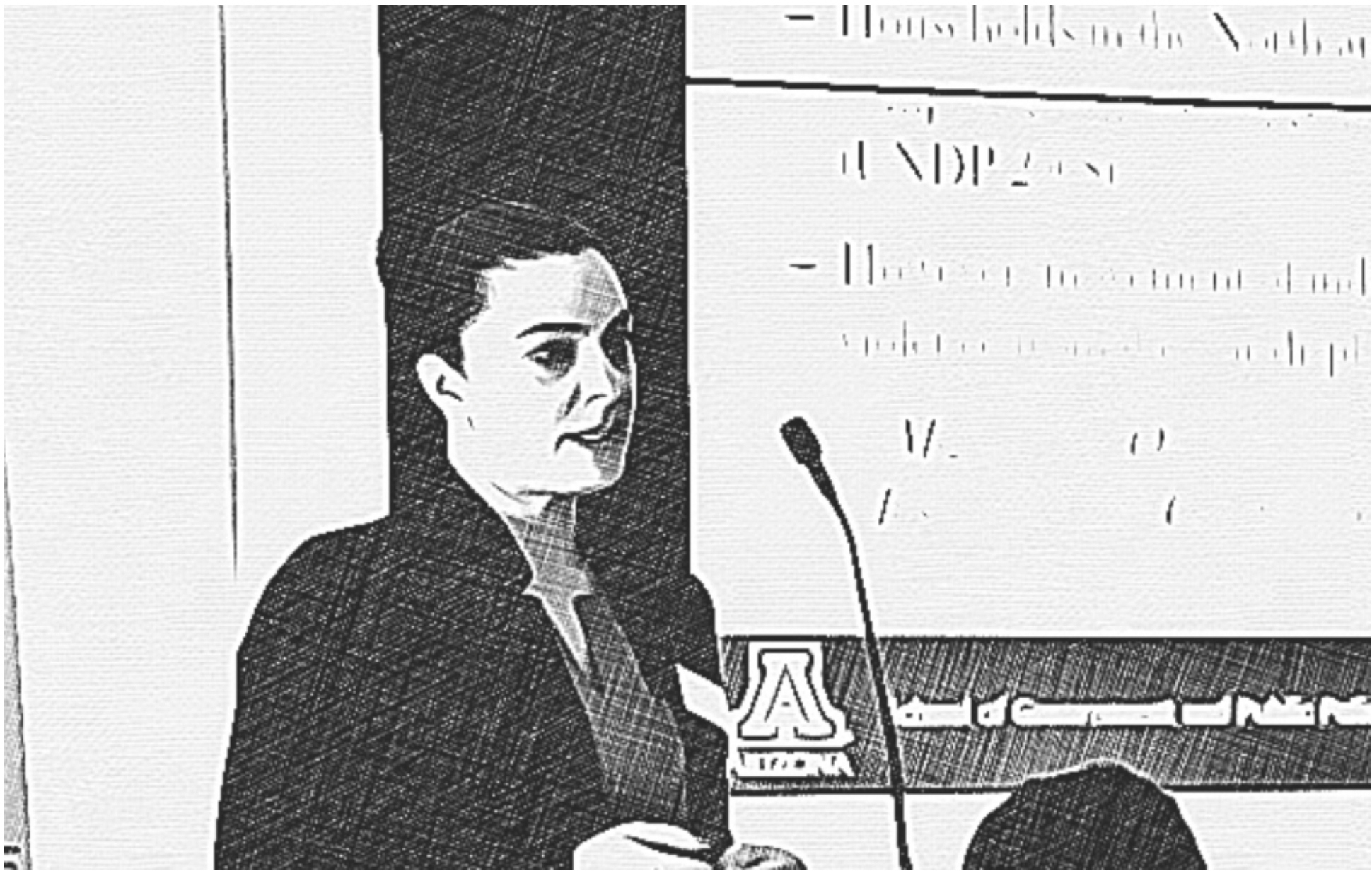
In this episode of The Idealists. (formerly Grit & Grace), host and entrepreneur Melissa Kiguwa interviews Dr. Faten Ghosn, a Political Scientist and Professor at the University of Arizona's School of Government and Public Policy. Dr. Ghosn received her Bachelors and Masters from the American University of Beirut, and her Ph.D. from Pennsylvania State University. Her research and teaching focuses on the interaction of adversaries and how adversaries handle their disagreements. Her articles have appeared in the British Journal of Political Science, Conflict Management and Peace Science, International Negotiation, International Studies Quarterly, Middle East Journal, and more.
In this episode, Dr. Ghosn breaks down the last 20 years of America's presence in Afghanistan and the circumstances that allowed the Taliban to take over so quickly.
“When the U.S. invaded Afghanistan, we did not even have a map of the terrain… we were using some old British empire map! And I’d heard from a lot of area experts… that the United States was lacking a basic understanding of the political realities on the ground. And so I remember one discussion I had with a guest speaker in one of my classes, and he mentioned that he was one of the first early platoons in. They were pushing outside into some of the rural areas following an Al-Qaeda group, and suddenly they were being shot at from a town. So they send a scout with interpreters and it turns out the town did not even know the United States had launched a war with Afghanistan. They had no TV, no nothing, no telephone, no radio. All they see is military uniforms they don’t recognize shooting at what looked like Afghanis. You know, the last time that had happened was during the Soviet Union era!”
episode highlights.
Faten begins the episode by providing a brief recap of the circumstances around 9/11 and why the United States initially invaded Afghanistan. She then describes the United States' strategic shift in 2015 from trying to destroy Al Qaeda's terrorist network to focusing on supporting Afghani security forces.
She breaks down the financial costs of the war, as well as, the lives lost. She also describes the needs of veterans and how the cost spent on veteran care does not adequately cater to their needs.
Faten describes the difficulty of post 9/11 wars which have involved the United States fighting para-military groups and not states. She describes the short-term military decisions the United States made during this time.
She then describes the difference between what the Taliban were able to offer rural Afghanis versus what the Afghani democratically elected government has been able to offer. She also describes the difference between the Taliban today and the Taliban 20 years ago.
Faten ends the episode by linking the issues in Afghanistan to larger global issues like climate change and why it is important for all people to hold politicians accountable regardless of the political party.
